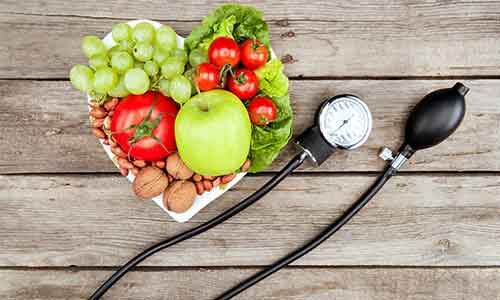- Home
- Medical news & Guidelines
- Anesthesiology
- Cardiology and CTVS
- Critical Care
- Dentistry
- Dermatology
- Diabetes and Endocrinology
- ENT
- Gastroenterology
- Medicine
- Nephrology
- Neurology
- Obstretics-Gynaecology
- Oncology
- Ophthalmology
- Orthopaedics
- Pediatrics-Neonatology
- Psychiatry
- Pulmonology
- Radiology
- Surgery
- Urology
- Laboratory Medicine
- Diet
- Nursing
- Paramedical
- Physiotherapy
- Health news
- Fact Check
- Bone Health Fact Check
- Brain Health Fact Check
- Cancer Related Fact Check
- Child Care Fact Check
- Dental and oral health fact check
- Diabetes and metabolic health fact check
- Diet and Nutrition Fact Check
- Eye and ENT Care Fact Check
- Fitness fact check
- Gut health fact check
- Heart health fact check
- Kidney health fact check
- Medical education fact check
- Men's health fact check
- Respiratory fact check
- Skin and hair care fact check
- Vaccine and Immunization fact check
- Women's health fact check
- AYUSH
- State News
- Andaman and Nicobar Islands
- Andhra Pradesh
- Arunachal Pradesh
- Assam
- Bihar
- Chandigarh
- Chattisgarh
- Dadra and Nagar Haveli
- Daman and Diu
- Delhi
- Goa
- Gujarat
- Haryana
- Himachal Pradesh
- Jammu & Kashmir
- Jharkhand
- Karnataka
- Kerala
- Ladakh
- Lakshadweep
- Madhya Pradesh
- Maharashtra
- Manipur
- Meghalaya
- Mizoram
- Nagaland
- Odisha
- Puducherry
- Punjab
- Rajasthan
- Sikkim
- Tamil Nadu
- Telangana
- Tripura
- Uttar Pradesh
- Uttrakhand
- West Bengal
- Medical Education
- Industry
Plant pigment Quercin may lower high BP significantly

A new paper in Nutrition Reviews finds that intake of the flavonoid quercetin can greatly reduce high blood pressure in patients suffering from cardiovascular disease.
Researchers here consulted multiple studies that assessed the impact of quercetin on blood pressure and glucose levels. Quercetin is a plant pigment commonly found in many plants and foods, such as onions, teas, apples, and red wine. Each study utilized here assessed blood glucose, total cholesterol, and/or insulin. 17 studies with a total of 886 participants were included.
The pooled result from 13 treatment arms throughout the studies consulted showed that quercetin administration markedly reduced systolic blood pressure.
Pooled results showed that quercetin significantly lowered both systolic BP (WMD, −3.09 mmHg) and diastolic BP (WMD, −2.86 mmHg). Neither lipid profiles nor glucose concentrations changed significantly.
Participants who consumed quercetin for eight weeks or more showed significantly changed levels of high-density lipoprotein cholesterol. Quercetin did not markedly influence total cholesterol or significantly alter fasting blood glucose concentrations. Quercetin was not found to cause serious adverse events in any of the included studies.
The review concluded that a reduction in blood pressure of more than 10 mmHg lowers cardiovascular risk by 50% for heart failure, 35% - 40% for stroke, and approximately 20% to 25% for myocardial infarction. Researchers here found that the favorable effects of quercetin on blood pressure support the use of quercetin for patients with hypertension.
For more details click on the link: http://dx.doi.org/10.1093/nutrit/nuz071
Hina Zahid Joined Medical Dialogue in 2017 with a passion to work as a Reporter. She coordinates with various national and international journals and association and covers all the stories related to Medical guidelines, Medical Journals, rare medical surgeries as well as all the updates in the medical field. Email: editorial@medicaldialogues.in. Contact no. 011-43720751
Dr Kamal Kant Kohli-MBBS, DTCD- a chest specialist with more than 30 years of practice and a flair for writing clinical articles, Dr Kamal Kant Kohli joined Medical Dialogues as a Chief Editor of Medical News. Besides writing articles, as an editor, he proofreads and verifies all the medical content published on Medical Dialogues including those coming from journals, studies,medical conferences,guidelines etc. Email: drkohli@medicaldialogues.in. Contact no. 011-43720751


